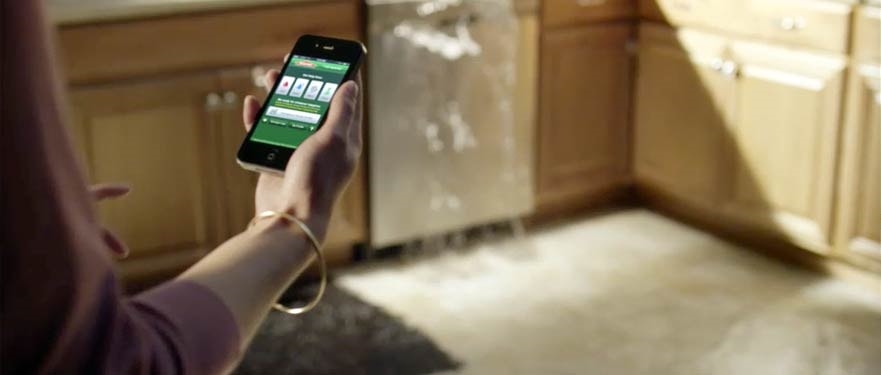
Water Damage Emergency Tips
What you can do until help arrives
Water Tips | Fire Tips | Biohazard Tips | Mold Tips
How Can Water Destroy a Property?
Water damage is disruptive in a small form, like a dripping faucet but can be destructive and damaging to your property in situations like a burst pipe or a leak in the wall. Over a brief period, porous materials used in your home’s construction, like drywall, insulation, and wood, can absorb moisture and begin to deteriorate or become suitable hosts for microbial colonies.
When Is a Situation Out of Your Control?
You know your residence better than anyone, so you can often be one of the first to notice when a problem exists without a deluge of water pouring from the ceiling or another direct indicator. It is common for homeowners to want to resolve issues on their own, but certain signs might show you a larger problem exists than what you can see or experience on the surface. Some of these include:
- Wall cavity moisture
- The presence of mold
- Sagging/destroyed structure
- Staining and surface marring
How Should You React to Water Damage?
You want to help before SERVPRO arrives but do not know where to start. There are ways that you can help protect what matters most to you if it is safe to do so. Safety should always be the priority for members of your household. In the earliest stages of water damage, it could be possible for homeowners to:
- Increase airflow to the room
- Move contents when safe
- Unplug electronics
Have A Water Damage Emergency? Call (716) 268-1006
What To Do After Flooding
- Remove excess water by mopping and blotting.
- Wipe excess water from wood furniture after removal of lamps and tabletop items.
- Remove and prop wet upholstery and cushions.
- Place aluminum foil or wood blocks between furniture legs and wet carpeting.
- Turn air conditioning on for maximum drying in summer.
- Remove colored rugs from wet carpeting.
- Remove art objects to a safe, dry place.
- Gather loose items from floors.
What NOT To Do After Flooding
- Don't leave wet fabrics in place. Hang furs and leather goods.
- Don't leave books, magazines or other colored items on wet carpet or floors.
- Don't use your household vacuum to remove water.
- Don't use television or other household appliances.
- Don't turn on ceiling fixtures if ceiling is wet, and keep out of rooms where ceilings are sagging.






 24/7 Emergency Service
24/7 Emergency Service


